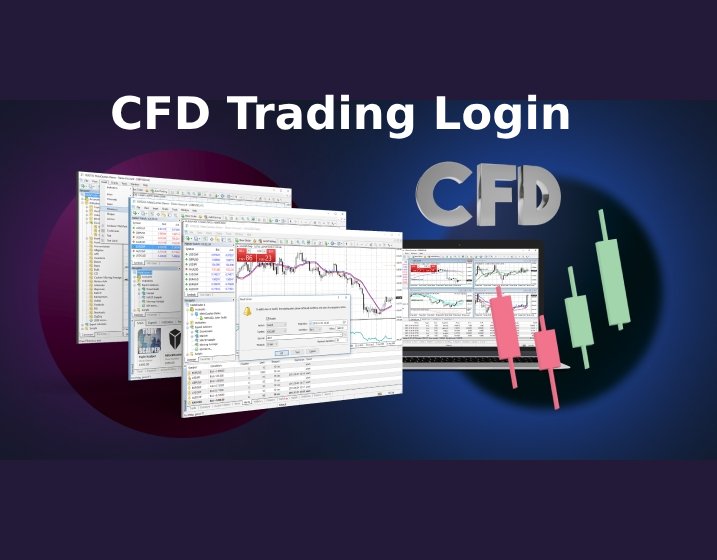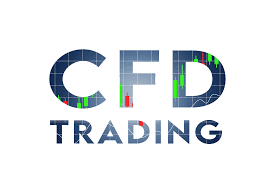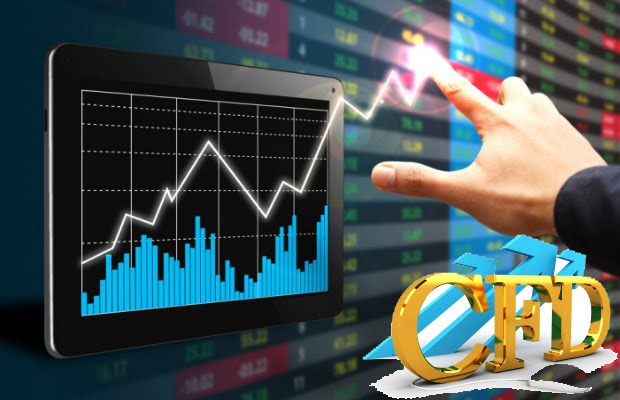
The Best CFD Book for Beginners
If you’re looking to get started in the exciting world of Contracts for Difference (CFD) trading, you’ve come to the right place. With a plethora of resources available, it can be overwhelming to choose the right book to begin your trading journey. In this article, we will explore some of the best CFD books for beginners, providing a roadmap to solidify your understanding of this complex yet rewarding subject. One of the top places to find resources is best cfd book for beginners https://bestbrokercfd.com/, where you can explore various educational materials tailored to traders of all levels.
Understanding CFDs
Before diving into the best books for beginners, it’s essential to grasp what CFDs are. A Contract for Difference is a popular financial instrument that allows traders to speculate on the price movements of various assets without owning the underlying asset. This trading method offers high leverage, which means you can amplify your potential gains, but it also increases the risk of significant losses. Thus, a solid foundation in knowledge and strategy is crucial for anyone starting in CFD trading.

Why Read Books?
Books offer structured knowledge and comprehensive insights that online articles or quick video tutorials may lack. They provide in-depth discussions on topics such as market analysis, risk management, and trading psychology. Moreover, books allow you to learn at your own pace, revisit complex concepts, and enhance your understanding through various examples and exercises.
Top CFD Books for Beginners
-
“CFD Trading For Dummies” by Ann C. Logue
This book is an excellent starting point for beginners. Ann C. Logue simplifies complex concepts related to CFD trading and provides practical advice on how to approach trading with confidence. The book covers basic principles, trading strategies, and risk management techniques, making it highly accessible to those new to trading.
-
“The Complete Guide to CFD Trading” by David Hargreaves
David Hargreaves offers a comprehensive breakdown of CFD trading in this book. He delves into various trading strategies and emphasizes the importance of psychological discipline. Hargreaves also provides insights into how to develop a solid trading plan, making this book particularly useful for beginners looking to build a structured approach to trading.
-
“Trading Contracts for Difference” by Wayne Walker
This book is a useful resource for beginners and intermediate traders alike. Wayne Walker explains the ins and outs of CFD trading, highlighting strategies and tools to maximize your trading potential. His straightforward writing style coupled with practical examples helps demystify complex topics, making the learning curve less steep.
-
“The New Trading for a Living” by Dr. Alexander Elder
While not exclusively focused on CFDs, this classic trading book provides essential principles that apply to all forms of trading, including CFDs. Dr. Elder discusses various topics, including trading psychology, risk management, and the importance of a trading plan. These concepts are vital for beginners to understand as they embark on their trading journey.
-
“CFD Trading: A Beginner’s Guide” by S. Williams
This book is tailored specifically for beginners who are entirely new to CFDs. S. Williams discusses everything from the basics of how CFD trading works to advanced strategies in a simplified manner. The step-by-step approach makes it easy to follow, and the author provides examples that resonate well with beginners.

Choosing the Right Book for You
Selecting the right book depends on your learning style and what aspects of trading you’re most interested in. If you prefer a step-by-step guide, “CFD Trading For Dummies” may be the ideal choice. On the other hand, if you’re looking for a more in-depth analysis of trading psychology, Dr. Elder’s book is invaluable. Consider what resonates most with you and how each book complements your learning objectives.
Implementing What You’ve Learned
Reading is just the first step. The real learning process begins when you start applying the concepts and strategies you’ve absorbed. Consider setting up a demo trading account to practice your newfound skills without risking real money. Many brokers offer demo accounts, allowing you to experiment with different strategies and market conditions.
Conclusion
In conclusion, selecting the best CFD book for beginners plays a vital role in your trading education. The resources mentioned in this article provide a solid foundation and can help you develop the skills necessary to navigate the world of CFD trading successfully. As you dive into trading, remember that continual learning and practice will significantly enhance your trading capabilities, leading you closer to your financial goals. Happy reading and successful trading!
